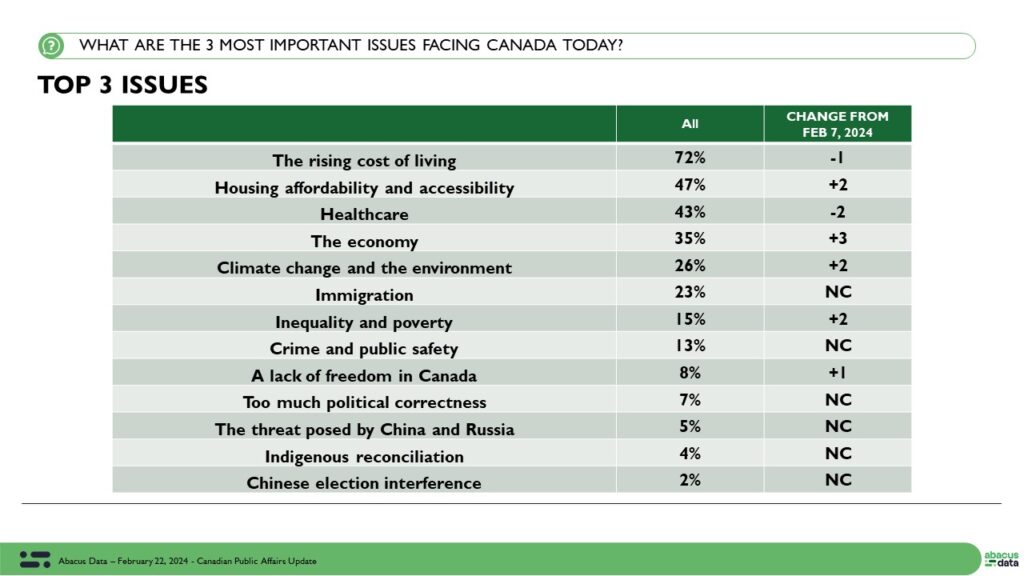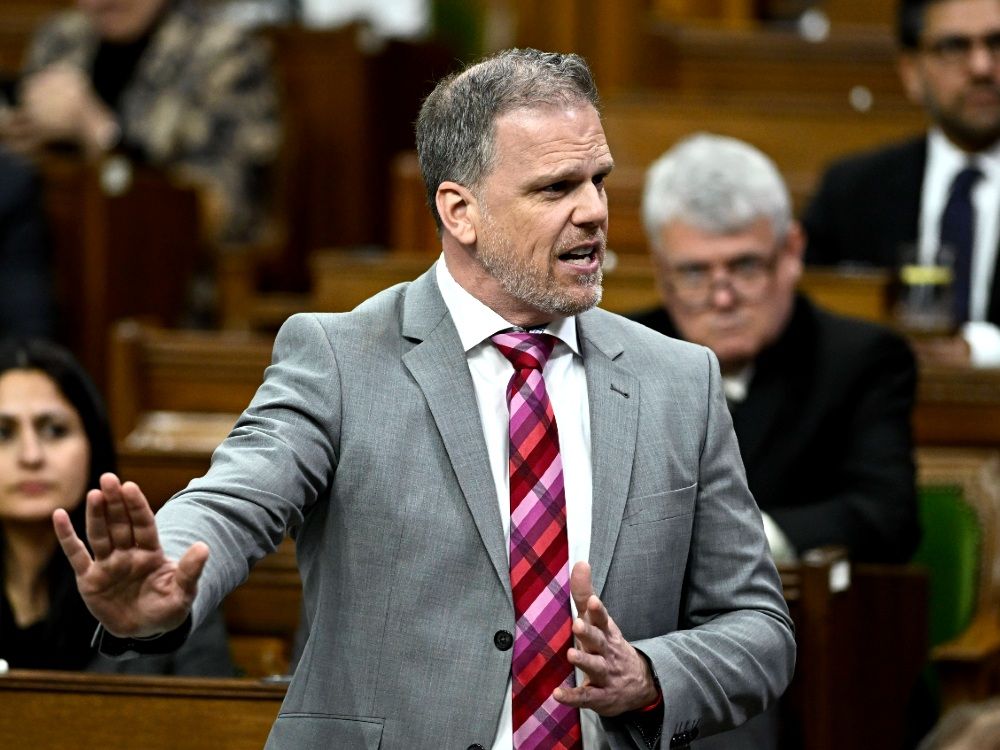Right now the top issue is the cost of living. The thing is the election is a year of a half away. Most economists expect the Bank of Canada to cut 125bpc by the end of the year, and further cuts in 2025.
If the Liberals make gains in Housing, Climate change, and Dental care, things can look a lot different in fall 2025, especially if the economy is strong.
Sure, they could. They might.
However, all the people who have renewed mortgages at rates that have caused them to extend their amortization by 5 or 10 or 15 years, are unlikely to be impressed by a reduction that came too late for them; likewise those that had to walk away from homes/condos on which they had placed deposits.
Dental care for seniors hasn't even fully kicked in yet; and we have learned that households with a mere $70,000 in income have a 40% co-pay and those with over $80,000 have a 60% co-pay. Not all that impressive.
Don't get me wrong, I view the dental plan as a positive progress, incorrectly executed/phased from my perspective. But I don't see it as likely to swing a lot of people in 2025 unless the Conservatives squarely run on repealing it. Even then......
Also, housing is not just an 'interest rate' issue.
In Toronto, in an older rental building, with no central air or ensuite laundry, 2 bdrm apts are going for $2,750 a month, and 3 bdrm for over $3,000, + parking, + electricity........ for many people that's devastatingly expensive (over 50% of Torontonians rent).
I don't foresee a huge drop in rents or spike in incomes between now and mid-2025. I'd be happy to be wrong on either. But movement at the margins is unlikely to move more than a handful of votes.






